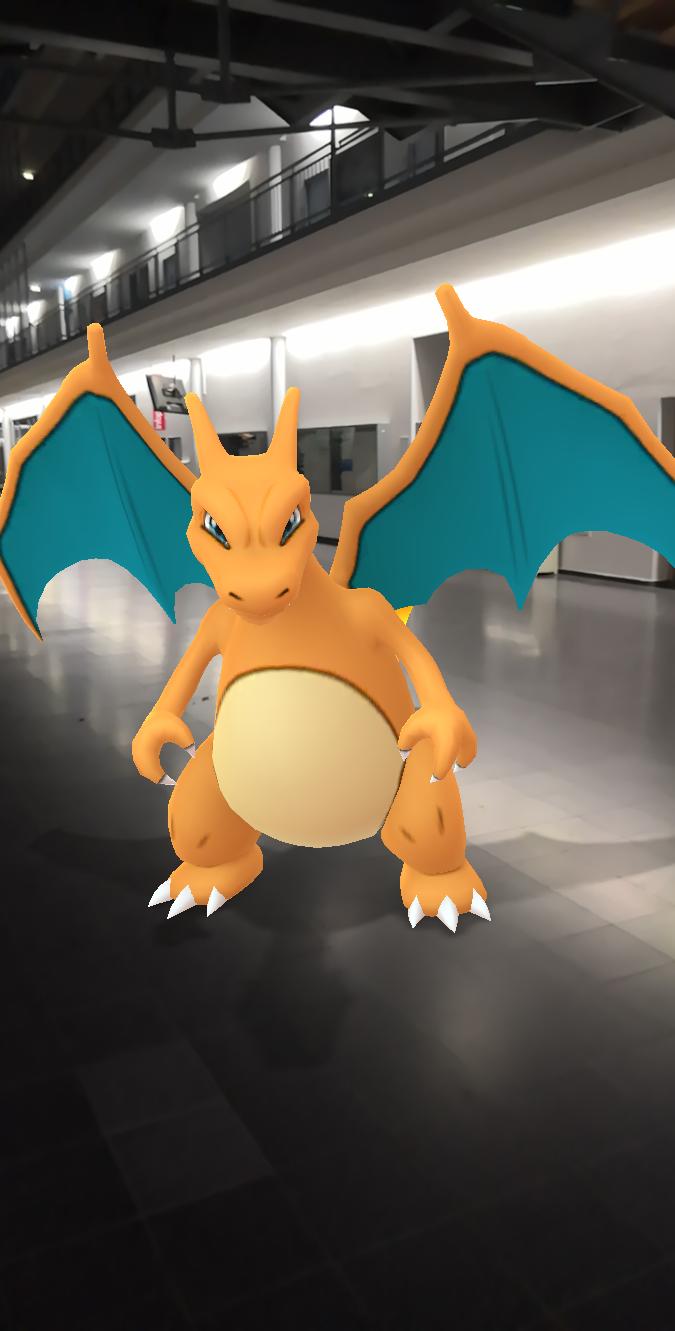ポケモン ゲット だ ぜ ーッ!
My buddy ;) 
My buddy ;) 
Beautiful Zürich 
Published in Proceedings of the 18th Conference of the European Chapter of the Association for Computational Linguistics, 2024
Recommended citation: Yingqiang Gao, Nianlong Gu, Jessica Lam, James Henderson, and Richard Hahnloser. 2024. Evaluating Unsupervised Argument Aligners via Generation of Conclusions of Structured Scientific Abstracts. In Proceedings of the 18th Conference of the European Chapter of the Association for Computational Linguistics (Volume 2: Short Papers), pages 151–160, St. Julian’s, Malta. Association for Computational Linguistics. https://aclanthology.org/2024.eacl-short.14/
Published in Proceedings of the 5th Workshop on Computational Approaches to Discourse (CODI 2024), 2024
Recommended citation: Anna Kiepura, Yingqiang Gao, Jessica Lam, Nianlong Gu, and Richard H.r. Hahnloser. 2024. SciPara: A New Dataset for Investigating Paragraph Discourse Structure in Scientific Papers. In Proceedings of the 5th Workshop on Computational Approaches to Discourse (CODI 2024), pages 12–26, St. Julians, Malta. Association for Computational Linguistics. https://aclanthology.org/2024.codi-1.2/
Published in 44th European Conference on IR Research, ECIR 2022, Stavanger, Norway, April 10–14, 2022, Proceedings, Part I, 2024
Recommended citation: Gu, Nianlong, Yingqiang Gao, and Richard HR Hahnloser. "Local citation recommendation with hierarchical-attention text encoder and SciBERT-based reranking." Advances in Information Retrieval: 44th European Conference on IR Research, ECIR 2022, Stavanger, Norway, April 10–14, 2022, Proceedings, Part I. Cham: Springer International Publishing, 2022. https://link.springer.com/chapter/10.1007/978-3-030-99736-6_19
Published in Journal of Failure Analysis and Prevention, 2024
Recommended citation: Gao Y, Xie N, Hu K, et al. An optimized clustering approach using simulated annealing algorithm with HMM coordination for rolling elements bearings’ diagnosis[J]. Journal of Failure Analysis and Prevention, 2017, 17: 602-619. https://link.springer.com/article/10.1007/s11668-017-0278-3
Published in Proceedings of the 58th Annual Meeting of the Association for Computational Linguistics, 2024
Recommended citation: Yingqiang Gao, Nikola I. Nikolov, Yuhuang Hu, and Richard H.R. Hahnloser. 2020. Character-Level Translation with Self-attention. In Proceedings of the 58th Annual Meeting of the Association for Computational Linguistics, pages 1591–1604, Online. Association for Computational Linguistics. https://aclanthology.org/2020.acl-main.145/
Published in Proceedings of the 9th Workshop on Argument Mining, 2024
Recommended citation: Yingqiang Gao, Nianlong Gu, Jessica Lam, and Richard H.R. Hahnloser. 2022. Do Discourse Indicators Reflect the Main Arguments in Scientific Papers?. In Proceedings of the 9th Workshop on Argument Mining, pages 34–50, Online and in Gyeongju, Republic of Korea. International Conference on Computational Linguistics. https://aclanthology.org/2022.argmining-1.3/
Published in arXiv preprint arXiv:2310.06436, 2024
Recommended citation: Gu, Nianlong, Yingqiang Gao, and Richard Hahnloser. "MemSum-DQA: Adapting An Efficient Long Document Extractive Summarizer for Document Question Answering." arXiv preprint arXiv:2310.06436 (2023). https://arxiv.org/abs/2310.06436
Published in Proceedings of the 2023 Conference on Empirical Methods in Natural Language Processing, 2024
Recommended citation: Yingqiang Gao, Jessica Lam, Nianlong Gu, and Richard Hahnloser. 2023. GreedyCAS: Unsupervised Scientific Abstract Segmentation with Normalized Mutual Information. In Proceedings of the 2023 Conference on Empirical Methods in Natural Language Processing, pages 6093–6108, Singapore. Association for Computational Linguistics. https://aclanthology.org/2023.emnlp-main.372
Published:
Associated Researchers Meetup at ETH AI Center
Master course at TU München, TUM, Department of Informatics, 2019
Computer Vision, as a relatively young research area, has emerged as a key discipline in computer science. This is not only evident by a growing and highly competitive research community with a high impact factor in computer science, but also by the emergence of numerous vision companies turning research ideas into a myriad of commercial applications. Besides well-known studies of 3D geometry and camera models, object tracking and detection in images and videos becomes one of the principal research directions of modern Computer Vision. The main objective of this course is to provide students with a gradual introduction to modern tracking, detection and recognition techniques developed in the last years. The course will provide in-depth knowledge of image features, their detection and description, matching techniques, key-point recognition, basic and advanced tracking algorithms based on image features and image intensities, basics of structure from motion and bundle adjustment, synchronous localization and mapping algorithms as well as object detection using classification approaches. In the end, the students will have a thorough description of the most important tracking and detection techniques. They should be able to understand and implement those solutions and apply them in reasonably complex problems. The concepts described in this course will be accompanied with brief explanations of the necessary mathematical tools. The participants of this course will be given an important basis to follow the vast and growing Computer Vision literature and use the acquired knowledge to solve new practical problems.
Master course at ETH Zürich, ETH Zürich, D-ITET, 2020
This course introduces principles of information processing in neural systems. Behavioral science allows reading out the computations performed by the brain whereas neuroscience reveals how they are implemented. Based on neuroscience experiment.